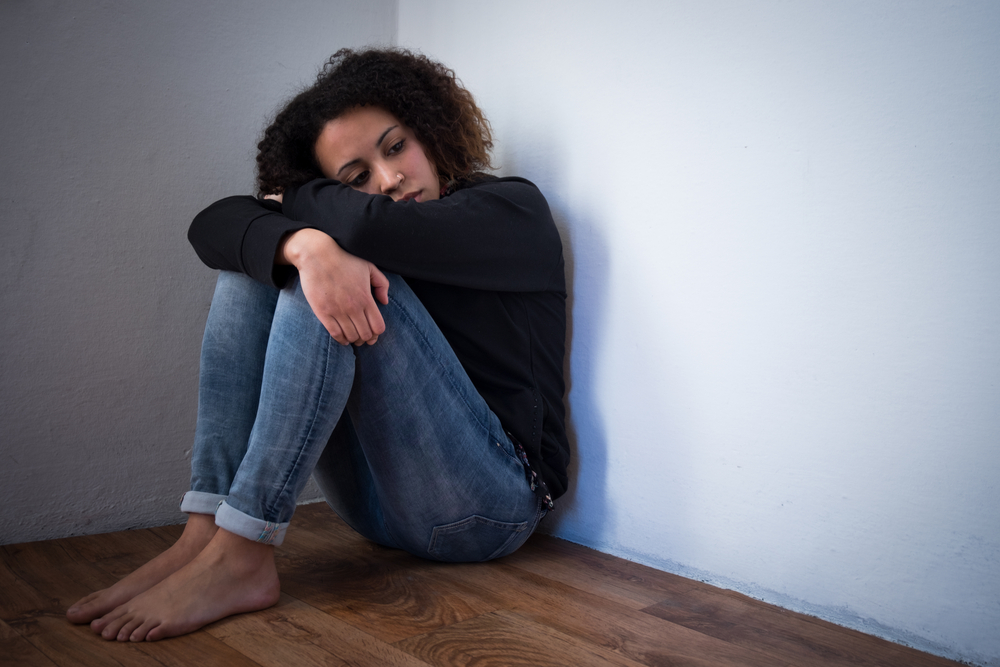My friend and I recently received an anonymous message on one of the social media apps; of the many accusatory messages that had come from this source, this one got our attention because of the comment it made about a male student alleged to have committed rape. As expected, this would cause confusion and speculation as to who sent the message. But as we tried to figure this out, a Voice Note quickly followed with a response and a narration.
Sadly, the response from a lady, a survivor of a rape incident. She started by explaining to us that the dress she wore that day was not revealing. Then she tried to make everyone understand the reason for the cliched question “why did she go to his house?”
Victim Blaming
As she spoke, it dawned on me that this is the consequence of the years and years of victim-blaming. Without even knowing it, this woman was on a witness stand trying to explain why she did not deserve to be raped. Look, the fact that a woman starts (one of) the most life-altering stories in her life by trying to make people understand and see that it is not her fault unearths the slut-shaming and continuous rape culture woven boldly, deliberately in the wall of the Nigeria society when it comes to rape.
In June, when Busola Dakolo came out with her rape story against Pastor Biodun Fotoyinbo, a lot of Nigerians were not worried about finding out the truth, instead, they questioned the years it took for her to come out. People also tried to find unintelligent holes in her story and concluded that as a 16-year-old, she must have seduced him and enjoyed the attention.
A rape story in Nigeria is spun around the victim, the devil, evil forces—but never the rapist.
The Problem With The System
A typical Nigerian rape response kicks off from doubt; you no resemble person wey dem rape (you don’t look like someone that was raped), questions; wetin you bin dey wear wen dem rape you (what were you wearing when they raped you?), and infusion of shame and even justification because you are either “too fine” or highly irresistible. All these persists until the victim is bullied into believing that she is responsible for her own rape.
It is this system that accounts for the low numbers of rape survivors who have been willing to come out and confront their abusers. This same system that gives perpetrators the go-ahead to defile victims because, “who will believe you?”
Way Forward
After listening to that voice note, I reached out to the lady in question. Armed with the contact of an organisation who handles such cases; I asked if she wanted to press charges, but her reply was: No, because she has healed, she is healing, she doesn’t want that to occupy a portion in her mind with that bitter incident. While I understand the emotional turmoil, I also know that if the system was different, more supporting, less critical, and judgmental, that would have given her the necessary push to see this through and maybe even report it at the very beginning.
Unfortunately, we are a people who cushion abusers and leaves the survivors out to dry. This not a system you should fight against if you are not ready, but it is also a system we need to fight with everything we have
